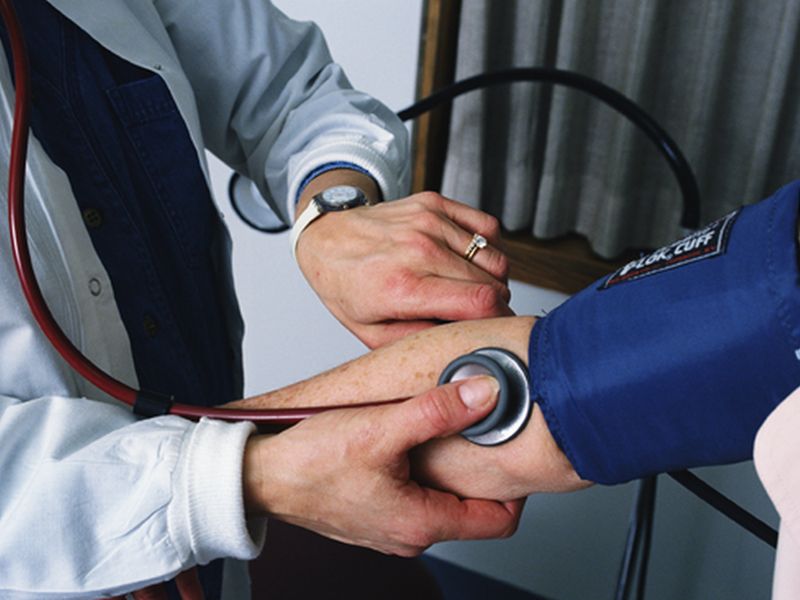
Cardiac arrest outside of a hospital setting is a leading cause of disease-related health loss in the United States, a new study says. But bystander use of CPR and automated external defibrillators reduces the risk of death and disability. “Cardiac arrest is unique because survival is dependent on the timely response of bystanders, medical dispatch,… read on >




























